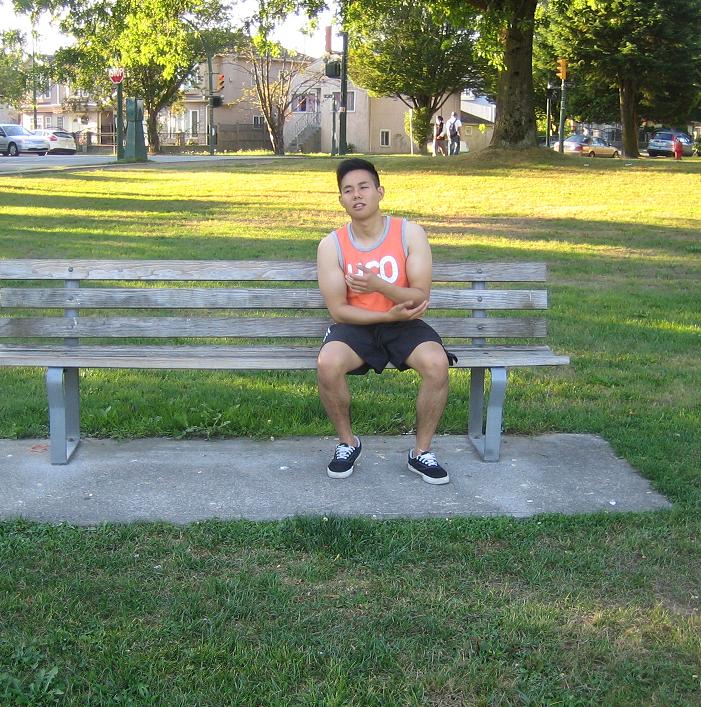Bedbugs are known to feed on the blood of both humans and animals. The common type is small with an oval shape. They do not have wings, flat and reddish or brown in color. Nevertheless, they become round and changes in color to reddish or purple after feeding on blood.
Where do bedbugs hide?
Bedbugs thrive in various areas in the house such as bed frames, mattresses, clothing, soft furnishings and inside plug sockets. Remember that bedbugs can live in both clean and dirty environments. Nevertheless, maintaining high standards of housekeeping and hygiene will ensure a lower level of bedbugs at an early stage.
They usually come out at night time when they are attracted by the warmth from sleeping individuals as well as carbon dioxide from the breath. It is important to note that bedbugs require blood to develop but capable of staying alive for up to a year without feeding.
Do I have bedbugs in my home?

The following are indications that there are bedbugs in the house:
- Itchy bites develop on different parts of the body
- Spots of blood on the bedding
- You might find bedbugs even though they are tiny but still visible to the naked eye
- Brown-colored spots on bedding (excrement of bedbugs)
- There is a sweet almond smell if bedbugs are around
What are the possible diseases that they carry?
Even though bedbugs do not actually cause any diseases, they can be bothersome. When they bite, they inject a substance that numbs the skin and feed for 2-10 minutes at a time.
These bites can become itchy and irritating and can vary from small reddened marks to large-sized areas with minimal swelling. If there are 3-4 bites that form a line or curve, it clearly indicates bedbugs. Take note that the bites usually occur in areas that are exposed while sleeping such as the arms, neck or face.
In some cases, the bites can become infected. The indications that infection has developed include swelling, redness and soreness.
Management
The bites typically improve without any form of treatment. If itchiness is a concern, you can utilize a mild steroid cream such as hydrocortisone cream that is available over-the-counter or prescribed by the doctor.
In case the bites are annoying where it becomes severely itchy or disrupts sleep, antihistamines are highly recommended. If the bites are infected, the doctor will prescribe an antibiotic cream or tablets to clear it up.


